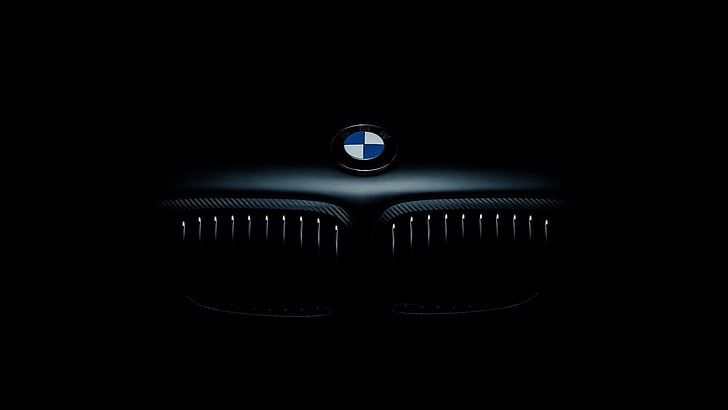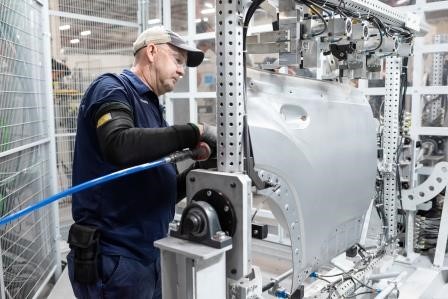

The German multinational manufacturer of luxury vehicles, BMW Group, continues its efforts to reduce CO2 emissions in the supply chain systematically. A particular focus is on CO2-intensive materials like aluminium, steel and plastics.

The BMW Group, therefore, intends to source aluminium with significantly reduced CO2 emissions from Rio Tinto’s hydro-powered operations in Canada starting in 2024 and has inked a memorandum of understanding to this effect. This approach can save around 70 per cent of CO2 emissions compared to conventionally manufactured aluminium. The planned supply volumes will be used exclusively in vehicle production at BMW Group Plant Spartanburg in the US state of South Carolina, in body components like the bonnet, for instance.
Joachim Post, a member of the Board of Management of BMW AG, responsible for Purchasing and Supplier Network, stated that the Group had set specific targets for reducing CO2 emissions in the supply chain. The automotive company can reduce the carbon footprint of its vehicles even before they are delivered to customers by using innovative materials.

He further added the agreement to supply low-carbon aluminium is built on several pillars. In addition to hydroelectric power and a high percentage of secondary material, BMW wants to lead the automotive industry by increasing our use of aluminium, which emits no direct CO2 emissions during the smelting process.
Aluminium is vital in the BMW Group's intelligent composite construction due to its low weight and favourable material properties. Around a quarter of the CO2 emissions are attributable to aluminium in the supply chain of a mid-sized fully-electric vehicle. This underlines the tremendous potential of reducing CO2 in the aluminium supply chain.



Responses






